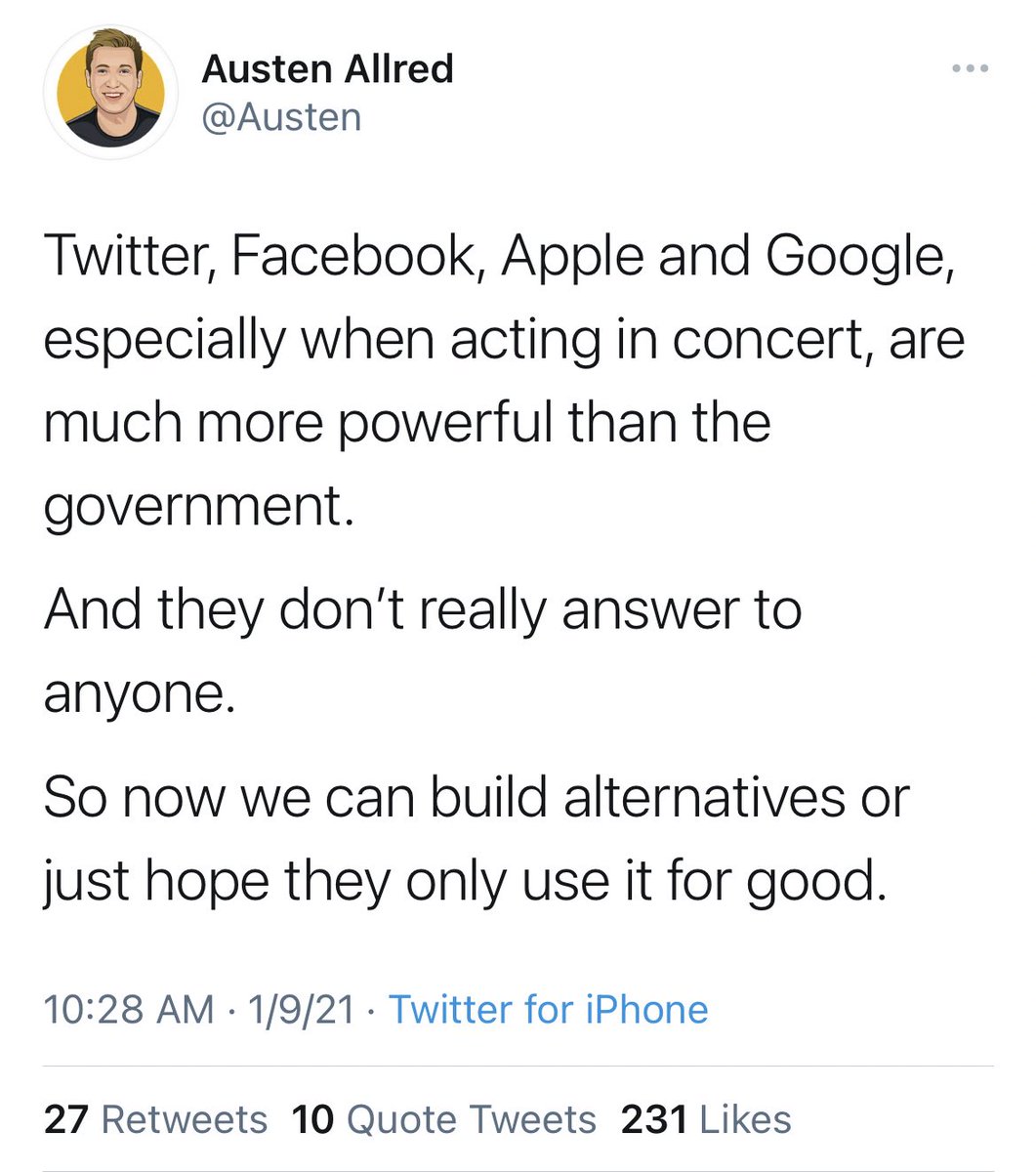

This facilitated the GNU’s formation, but also limited its prospects for success. The UN-led process that produced the GNU was selective with regard to its participants and the questions it tackled. For Libya’s politicians, forming a unity government became the only way to once again unlock access to oil revenues. Russian attempts to negotiate the resumption of oil production in summer 2020 prompted the US to intensify its own mediation efforts on the matter. Second, from January 2020 onwards, the warring parties deprived each other of access to oil revenues, causing growing financial difficulties for both sides. The ceasefire agreement signed under UN auspices in October 2020 merely formalized the prevailing stalemate.

Khalifa Haftar, leader of the Libyan Arab Armed Forces (LAAF), could no longer hope for military victory. First, in spring 2020, Turkey’s military intervention in support of the Tripoli government – and in violation of the Berlin declaration of January 2020 – ended the war in Tripoli and created a balance of power.

But the Berlin Process was not the reason why the mediation efforts were able to gather momentum. The negotiating framework emanated from the Berlin Process that Germany and the UN launched in autumn 2019 to broker an understanding between the foreign powers involved in Libya. But no such foreign obstruction occurred in fact, Egypt and Turkey supported the process, even though they had been on opposing sides in Libya for years. After all, a unity government could seek to expel these states’ forces or mercenaries from Libya. The armed groups that fought each other in the most recent war remain affiliated with opposing military command structures and continue to host foreign forces and mercenaries to deter their adversaries.Īnother surprise was the role of Russia, Turkey and the United Arab Emirates (UAE) in consenting to the formation of the GNU, which they could plausibly have sought to prevent. The GNU’s formation also confounded expectations because the convergence between political representatives in the LPDF was not matched by that between the actual parties to the conflict. This breakthrough was unforeseen not only because the country’s political division had hardened in recent years, but also because the civil war over the capital of Tripoli from April 2019 to June 2020 deepened societal rifts. According to the LPDF roadmap, the GNU’s term ends with elections that are planned for 24 December 2021 even though there is not yet any legal basis for their implementation. This endorsement has given Libya its first unified government since August 2014. Even more surprising was Prime Minister Dabeiba’s success in winning his government the endorsement of the House of Representatives (HoR), which is the Libyan legislative body that was elected in 2014. In February 2021, United Nations (UN) mediation efforts met with unexpected success when the UN-led Libyan Political Dialogue Forum (LPDF) selected a three-member Presidency Council and a prime minister.


 0 kommentar(er)
0 kommentar(er)
